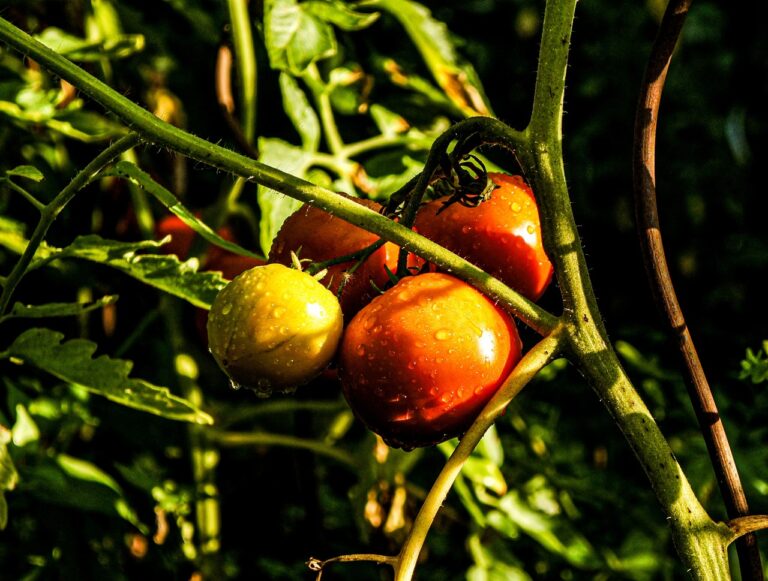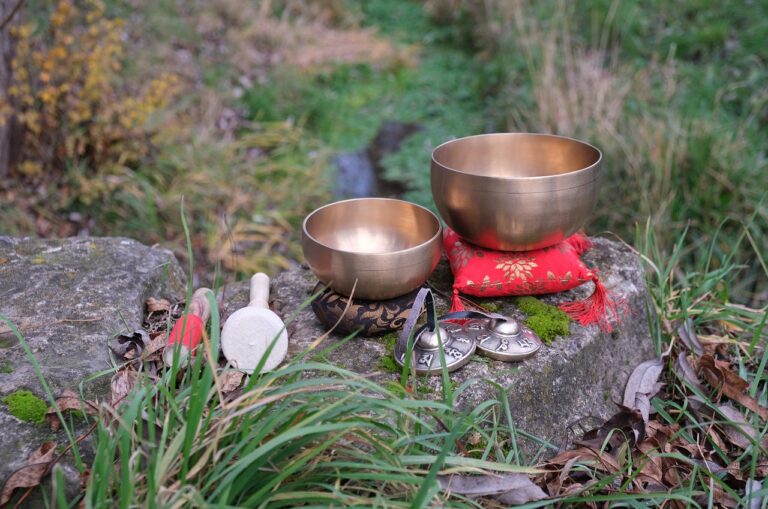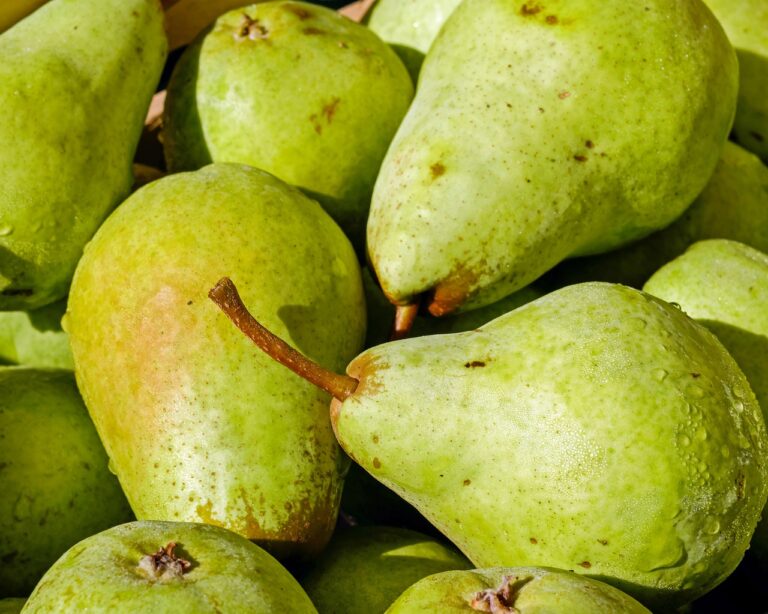“Unlocking Secrets: How Traditional Indian Herbs Boost Immunity This Winter Season”
"Unlocking Secrets: How Traditional Indian Herbs Boost Immunity This Winter Season"
Key Takeaways
- Structured headings with visual flow
- Strictly relevant to the selected category
- Inline images to boost engagement
Introduction
As winter approaches, many individuals become more susceptible to common colds, flu, and other seasonal ailments. In this context, traditional Indian herbs have gained attention for their potential immune-boosting properties. Rooted in ancient Ayurvedic practices, these herbs are not only revered for their medicinal benefits but also for their holistic approach to health. This article delves into some of the most effective Indian herbs that may help support your immune system this winter season.
Understanding Immunity
Immunity refers to the body’s ability to resist infections and diseases. It involves a complex network of cells, tissues, and organs that work together to defend against harmful pathogens. A robust immune system is essential for maintaining overall health, especially during the colder months when viral infections are more prevalent.
Key Indian Herbs for Immunity
1. Ashwagandha (Withania somnifera)
Ashwagandha is an adaptogenic herb that has been used for centuries in Ayurveda. It is known for its ability to help the body adapt to stress and may enhance immune function. Research suggests that ashwagandha can increase the production of white blood cells, which play a crucial role in fighting infections.
2. Tulsi (Holy Basil)
Tulsi, also known as Holy Basil, is a sacred herb in Indian culture. It possesses significant antimicrobial and anti-inflammatory properties. Regular consumption of tulsi tea or its leaves may help reduce the severity and duration of colds and flu, enhancing the body’s natural defenses.
3. Turmeric (Curcuma longa)
Turmeric contains curcumin, a powerful anti-inflammatory and antioxidant compound. It has been shown to boost the immune system by modulating the immune response and may help reduce the risk of chronic diseases. Adding turmeric to your diet can be an excellent way to support your health during winter.
4. Ginger (Zingiber officinale)
Ginger is widely recognized for its warming properties and has been used in traditional medicine to combat respiratory infections. Its anti-inflammatory and antioxidant effects can help enhance immunity and alleviate symptoms of colds and flu.
5. Amla (Indian Gooseberry)
Amla is one of the richest sources of vitamin C, which is vital for a healthy immune system. It also contains antioxidants that can protect the body from oxidative stress. Consuming amla in various forms, such as juice or powder, can help strengthen immunity.
How to Incorporate These Herbs into Your Diet
Incorporating these herbs into your daily routine can be simple and enjoyable. Here are some suggestions:
- Ashwagandha: Mix ashwagandha powder in warm milk or water before bedtime.
- Tulsi: Brew tulsi leaves in hot water to make a soothing tea.
- Turmeric: Add turmeric to soups, stews, or smoothies for an anti-inflammatory boost.
- Ginger: Grate fresh ginger into teas or stir-fries for added flavor and health benefits.
- Amla: Consume amla juice or powder mixed with honey for a refreshing tonic.
Key Takeaways
- Traditional Indian herbs can support immune health during winter.
- Ashwagandha and tulsi help the body adapt to stress and combat infections.
- Turmeric and ginger possess potent anti-inflammatory properties.
- Amla is a rich source of vitamin C, crucial for immune function.
- Incorporating these herbs into your diet can be simple and beneficial.
Frequently Asked Questions
Can traditional Indian herbs replace vaccines for immunity?
While traditional Indian herbs can support immune health, they should not be viewed as replacements for vaccines. Vaccination is a scientifically proven method to prevent serious illnesses, and herbs can complement your health regimen.
How should I prepare these herbs for maximum benefit?
To maximize the benefits of these herbs, consume them in their natural forms, such as teas, powders, or fresh leaves. Cooking with them can also enhance their bioavailability, allowing your body to absorb their nutrients more effectively.
Are there any side effects associated with these herbs?
Most traditional Indian herbs are considered safe for consumption; however, some individuals may experience allergic reactions or digestive issues. It is advisable to consult with a healthcare professional before starting any new herbal regimen, especially if you have pre-existing health conditions.
How often should I consume these herbs for immunity?
Incorporating these herbs into your daily diet can be beneficial. However, moderation is key. A few servings per week can provide immune support without overwhelming your system. Tailor the frequency to your personal health needs and lifestyle.
Where can I find these herbs?
Traditional Indian herbs can be found in local markets, health food stores, or online retailers. Ensure you purchase from reputable sources to guarantee quality and authenticity.
Conclusion
As winter approaches, supporting your immune system is paramount. Traditional Indian herbs such as ashwagandha, tulsi, turmeric, ginger, and amla offer a holistic approach to boosting immunity. By incorporating these herbs into your diet, you can not only enhance your health but also embrace the wisdom of ancient practices. Remember to consult with healthcare professionals when introducing new elements into your wellness routine.
Next Steps
Consider trying out different recipes that incorporate these herbs, and observe how your body responds. Stay informed about your health needs and make adjustments as necessary. This winter, empower your immune system with the natural benefits of traditional Indian herbs.





